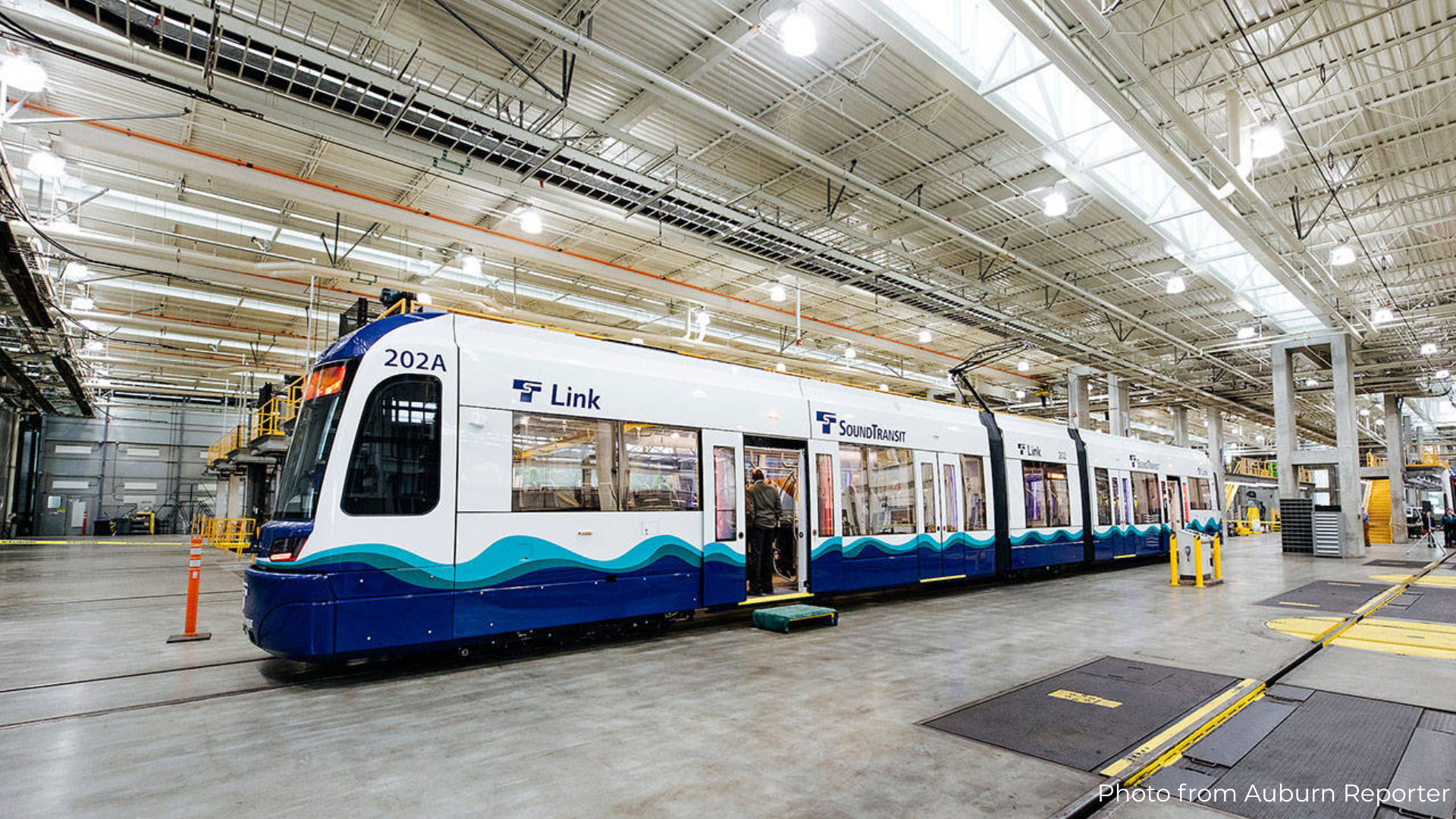In a surprising announcement last week, Governor Inslee used his emergency powers to give a tax “perk” to tribes. Apart from waiving some filing fees and penalties, no such “perk” has been given to non-tribal Washington families, despite public calls for tax relief that have simply been ignored.
In a proclamation regarding the provisions that restrict how tribes can use fuel tax refunds from the state – the Governor allowed tribes to spend the money on whatever they determine is most appropriate “to respond to the COVID-19 pandemic.”
According to the proclamation, the tribes reached out to the Governor with complaints that the restrictions were “preventing, hindering, and delaying tribes’ ability to use fuel tax refund money as tribes determine is most appropriate,” and requested a waiver of those restrictions, which are included in a compact between the tribes and the Governor. Rather than formally re-opening the compacts, both the Governor and tribes took advantage of the COVID-19 crisis and the Governor’s emergency powers to simply waive the provision until June 27, 2020.
In the government-to-government compact, tribes receive refunds of 75% of the gas taxes they pay for gasoline. This has a decades-long history – but 2007 was the year when the legislature passed Senate Bill 5272, which authorized the governor to enter into new fuel tax compacts with federally recognized Indian tribes who operated fuel stations in Washington state. The governor at the time, Christine Gregoire, settled tax agreements with 23 Indian tribes. The new agreements require tribally owned fuel stations to collect the state’s full gas tax rate from motorists at the pump, but then state officials give back 75% to Indian tribes.
Between 2015 and 2019, motorists lost more than $200 million in gas tax revenue to Indian tribes, with annual payments now over $50 million.
Non-tribal station owners say the tribes use the public money to unfairly undercut competition by charging less for fuel. Tribal gas stations can sell cheaper gas because they get a refund of 75% of the gas tax they charge, which backfills any losses.
The tribal fuel compacts pose significant risks to private, non-tribal fuel sellers who must pay the full gas tax and charge their customers more for fuel. Non-tribal fuel station owners are forced to operate at a competitive disadvantage because of special tax treatment given to Indian tribes, and they ultimately risk being run out of business.
The agreement with tribes stipulates that the gas tax refunds tribes receive can only be spent on “planning, construction, and maintenance of roads, bridges, and boat ramps; transit services and facilities; transportation planning; police services; and other highway-related purposes.” This language reflects some provisions in the state constitution’s 18th Amendment, which more narrowly protects state fuel tax revenue for highway purposes only. Tribes are a sovereign nation and are not required to abide by the 18th Amendment, so the language in the agreement was included by lawmakers to provide equity for use of gas-tax dollars on and off tribal lands.
Governor Inslee’s new proclamation waives this provision – and in so doing, ignores the state’s 18th Amendment and revenue protection, allowing tribes to spend the money on whatever they determine is needed.
To make matters worse, there has never been a way to verify how the tribes spend the gas tax refunds. The agreement includes provisions for audits to ensure compliance and certify that the fuel tax proceeds are being used in accordance with law, but audits cannot be disclosed to the public, as they are “deemed personal information” under RCW 42.56.230. So, there is no way to confirm how these funds are used.
Some tribes in our state have, in the past, chosen to share information about their expenditures, but this is entirely voluntary and is not included in most recent tribal fuel tax refund agreement reports.
These are just a couple of the problems with the existing agreement and the Governor’s emergency proclamation amending that agreement.
The tribes are sovereign yet seek tax benefits from the state that no one else has, all while circumventing the formal renegotiation of compacts. While the COVID-19 emergency is real and requires timely action to bring needed relief to people and businesses that are struggling, taxpayers have yet to see any meaningful tax relief or benefits like those the Governor has just provided to tribes.
The car tab relief the Governor said he would “give thought” to in April has yet to materialize. Washington Policy Center submitted a public disclosure request to the Governor’s office regarding any documents that discuss car tab relief, and were told we will not get a response until early August – five months since the April press conference.
Requests from non-tribal families during the COVID-19 emergency should be treated with the same level of urgency that the Governor has granted to tribes.
The gas tax proclamation expires at the end of June but could be extended if the Governor chooses to do so and the legislature agrees.






